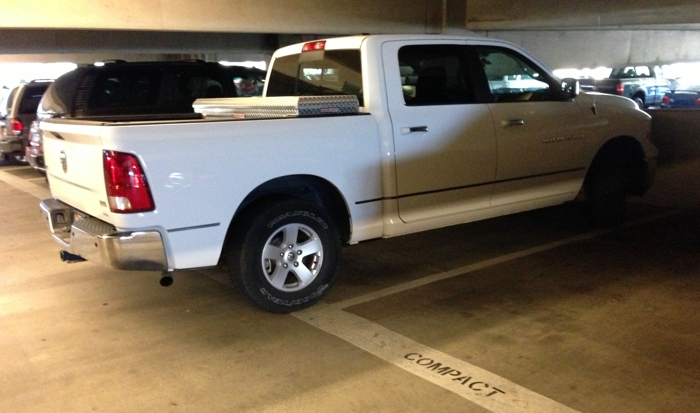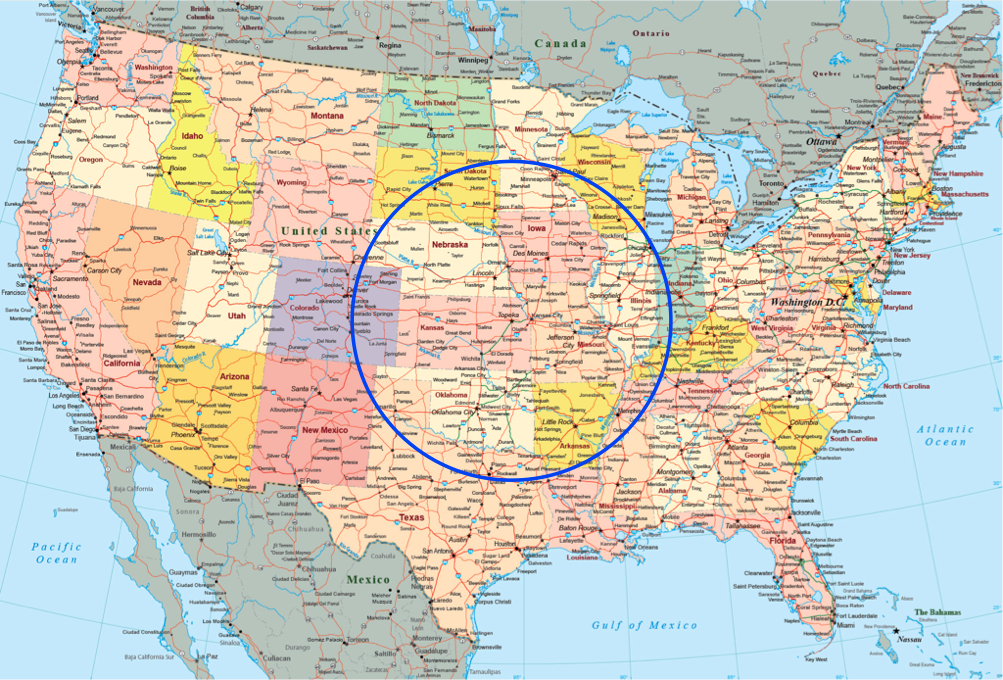 I was concerned about a Facebook posting I saw tonight. It seems that one group of EV owners was becoming upset with Volt owners for charging their Volts in public charging spots. They felt that with the range extender, a Volt driver won’t be stranded if their battery is depleted. That is a fair assessment. On the other hand Volt owners have as much a right to charge as any EV out there. What concerned me was the sniping and vitriol that was exhibited. We EV drivers should not become fragmented as a group. There is important work to accomplish. Here is my response I posted in the Chevy Volt Owners group:
I was concerned about a Facebook posting I saw tonight. It seems that one group of EV owners was becoming upset with Volt owners for charging their Volts in public charging spots. They felt that with the range extender, a Volt driver won’t be stranded if their battery is depleted. That is a fair assessment. On the other hand Volt owners have as much a right to charge as any EV out there. What concerned me was the sniping and vitriol that was exhibited. We EV drivers should not become fragmented as a group. There is important work to accomplish. Here is my response I posted in the Chevy Volt Owners group:
I’m going to swim against the current here a bit (ha ha). If our Volt’s batteries get too low, we can still drive over 300 miles. If our gas tank is low, we can usually find a gas station within a couple miles. A pure EV driver is stranded. Yes, we have as much right as anyone to charge, but do we have an equal need? If I was an apartment dweller, instead of living in a home with a garage, I might feel more entitled than I do, but I probably would not have purchased a Volt without a convenient place to charge it. For now, many public charging spots are not charging for the charging (if that makes sense), but that will change. When it does, the economics of charging away from home will probably prevent most Volt owners from wanting to charge that way. The cost can be as much as driving a car that gets 10 miles to the gallon! That’s not why we bought these wonderful vehicles. Rather than each owner’s group going off into their clique, griping about those people driving those “other” cars, we should offer an olive branch and devise a code of conduct. Here are some of my thoughts:
- As many of you have said in the Chevy Volt Owners group, I think we’d all agree to allow a pure EV to charge before us.
- It should be a common courtesy to not park in a charger spot if we do not intend to charge, as it is not about the parking spot, it’s about the charger.
- It may even be a good idea to place a card on our dashboard with our email address so, if we are charging and a pure EV owner shows up that desperately needs a charge, they can reach out to us, to politely ask for us to yield. (Let’s not use phone numbers. Unsafe.)
- We should expect that a Tesla, in most instances, is not on a cross-country trip and that their owners, like Volt owners, should try to charge at home. We both have adequate range to make this acceptable. By no means does this mean a Volt or Tesla owner cannot or should not use public chargers.
- If we charge, while staying overnight at a hotel, we should set a timer and once charging is accomplished, we should unplug and move our cars to accommodate other EV drivers. Yes, this may fall in the middle of the night, but put yourself in the shoes of the pure EV owner who is traveling far from home.
- To politely build awareness of the purpose of the charger parking spots within the non-EV community, we should find a non-confrontational way to let a non-EV driver know they should not park there because it could strand a driver. It would be like EVs parking all around the gas pumps at a gas station, blocking access to them. A nice way to spread the word would be to use Blink’s “Courtesy Notices.” They range from kindly letting the uninformed know the importance of charger access, to almost calling the other driver a self-centered jerk. They may be found here: https://www.blinknetwork.com/file/7741/Blink+Courtesy+Notices.pdf
We are all driving our various EVs for similar reasons; the environment, national security, supporting our troops by keeping them home, and plain old saving money. We’re on the same team! When we see people trying to fragment what should be a cohesive group like us, we should point out our common ground and interests. Shame on those who would split us apart! Many EV owners are new to the technology, as I am, and haven’t thought this through. We need a code of conduct so that conflict is avoided. What other rules would you suggest? (please comment)
 Of course, there are some people who are just plain inconsiderate.
Of course, there are some people who are just plain inconsiderate.


Buzz, there are cards which I got at plug-in day that are laminated and say “OK to unplug” on one side that can be used with a Volt to suggest it is okay for an all electric to unplug your car and get their needed electricity. This means you have to set your Volt not to set off an alarm when it is unplugged. As much as I want to partake of free electricity, we Volt owners should take advantage when we can, but yield to the total electric owners. Doing so would make for better relations in the plug-in community.
Don, if you get a chance, could you email a photo of the cards? I’d like to include it in this blog post. Thanks for the comment!
I need to rant for a moment. I drive a Nissan LEAF and needed (I do mean “needed”) to plug-in the other day. The chargers are against a wall, so there was no sense in unplugging the fully charged LEAF, fully charged Prius, fully charged Ford-wagon-thing or the Boxster (yeah, ice’d). Is it that people just don’t care or just don’t get-it? I need to invent a sliding evse.
I ended up taking the boxster designated connector and made it work, but I stayed with my car and none of the drivers of the other cars came out, even though there is a posted four-hour limit.
Brian, your rant is entirely appropriate. Frankly, I’m a little taken aback by some comments I’ve seen. Their attitude is, “I got here first, so F.O.” I think of the charger situation as a small group of people, on a life raft, at sea. We have a limited amount of food. Do we descend into barbarism, and fight over the food, or do we ration it among us all?
If we really want to see EV adoption climb, we have to relieve the fear caused by the paucity of chargers out there.